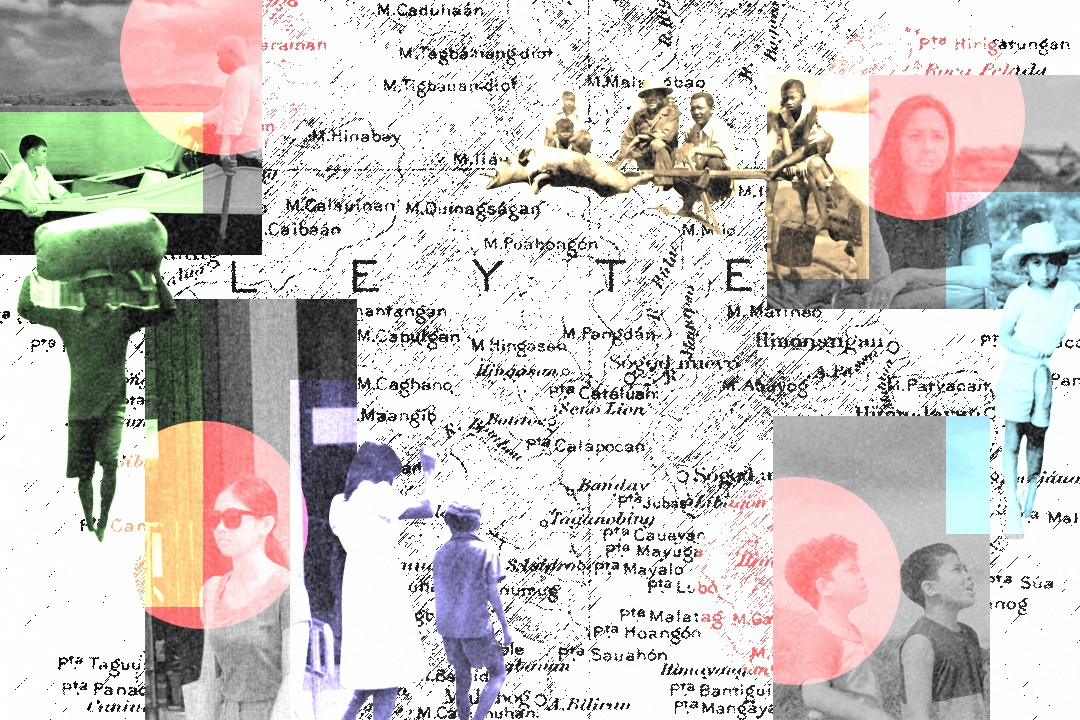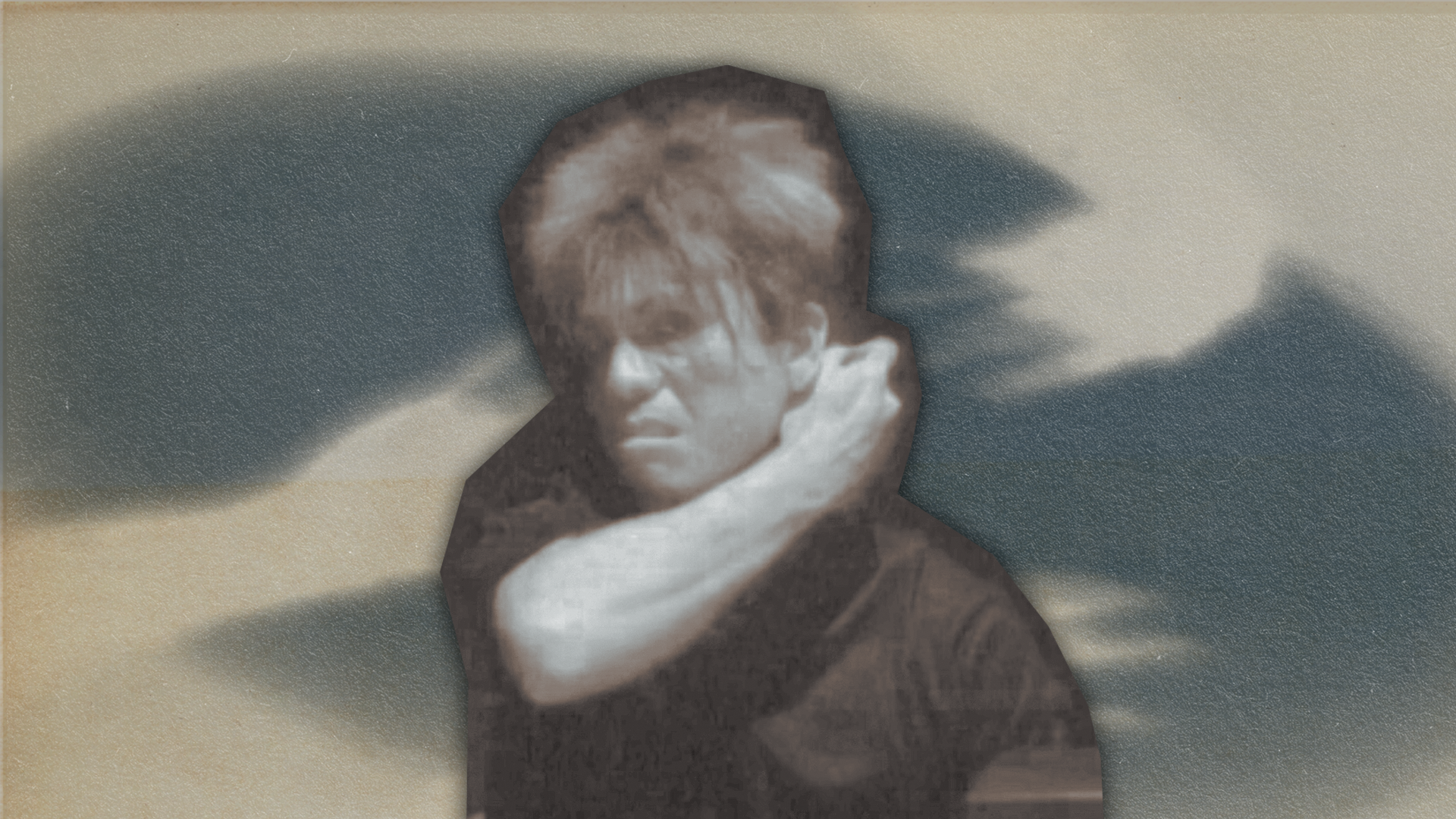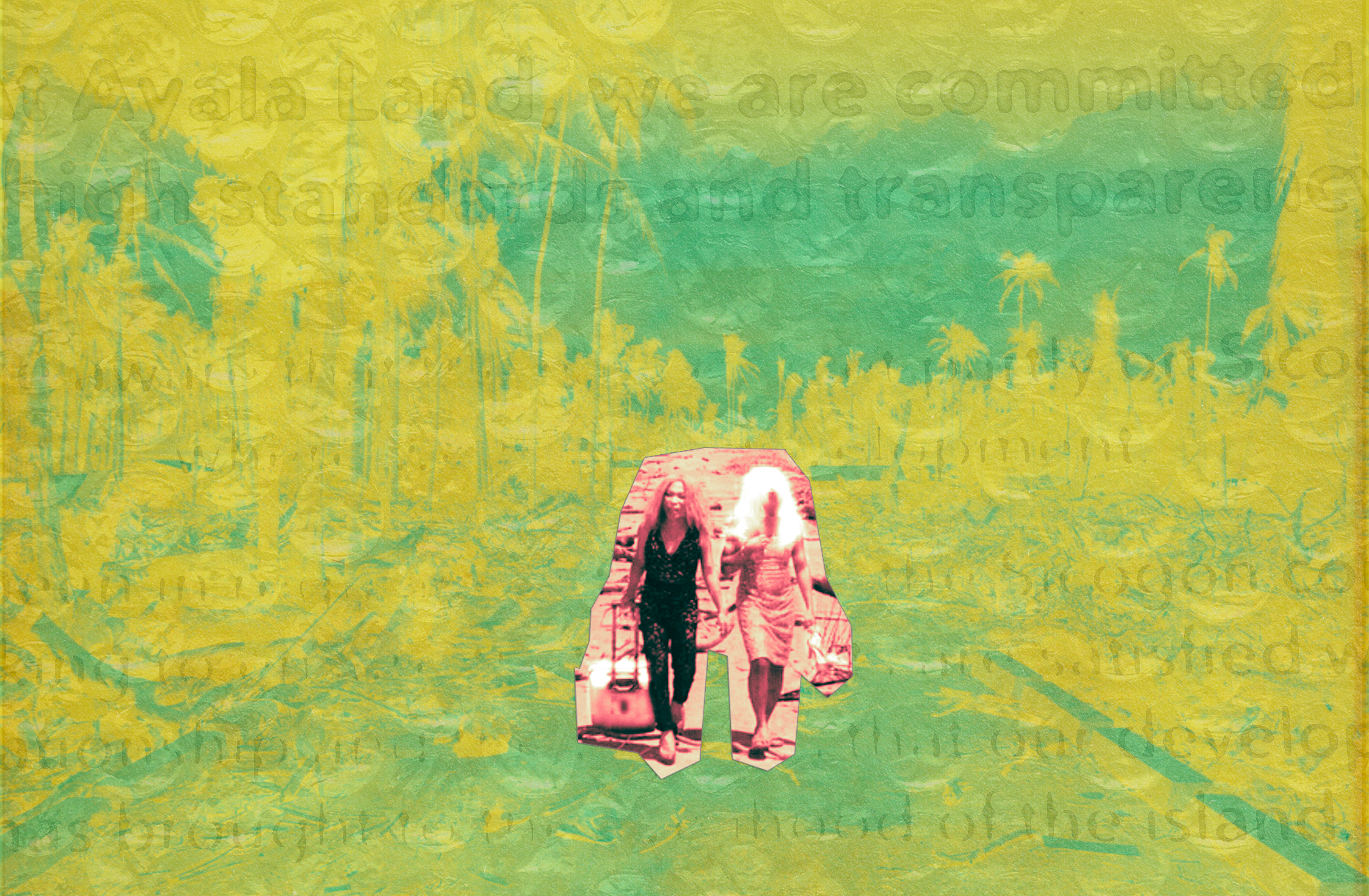‘The Boys’: The Antithesis to Superhero Fatigue
‘The Boys’: The Antithesis to Superhero Fatigue
Feature art by Angelica Afan
This article includes spoilers from the TV series.
I became a fan of the MCU in 2019 after Avengers: Endgame came out. Insert the “everywhere I go, I see his face” meme but with Thanos references — I wanted to be part of the hype. And when I finally decided to watch the MCU movies chronologically, I could not stop thinking about it.
I was exhilarated by the awesome stuff like the superhero team-ups and the emotional side of it. Thinking about it now, I’ve realized how much my perspective and the franchise have evolved since then.
What ignited Superhero Fatigue?
The ambitious expansion of Phase 4 and the oversaturation of content influenced by the Disney acquisition has made the MCU the fast-fashion of the superhero media — squeezing out mediocre superhero content so fast, prioritizing quantity over quality. The sunk cost fallacy made me think that I still would like to watch some, although I did not dedicate myself to watching them chronologically, and selectively watched only a few from the lineup.
They kept on using the same plots, just different characters, and predictable story arcs. Apart from the mediocre writing, formulaic approach, CGI crapfest, particularly in Love and Thunder (2022) and Quantumania (2023), the time investment needed to follow the events from the television shows, especially with their experimental formatting, has contributed to my growing disinterest.
At this point, my disillusionment had become far greater than my curiosity about what else would happen in the franchise. The MCU’s dwindling box office numbers have become prevalent post-Endgame. Revenues were modest or failed to break even. Most recently, The Marvels (2023) grossed over $206 million worldwide against a $270 million production budget, and is the lowest-grossing MCU movie yet.
However, there are a couple of exceptions: Spider-Man: No Way Home (2021) grossed almost $2 billion at the box office. One can argue that it’s mainly because of fan service. The return of the villains from previous Spider-Man movies pre-MCU was widely anticipated, and the reappearance of previous Spider-Man actors, Tobey Maguire and Andrew Garfield, were forecasted heavily amongst fans, and rightfully so. The idea of all these characters and their counterparts crossing over was a recipe for success, even if that film still followed familiar superhero tropes.
On the other hand, Guardians of the Galaxy Vol. 3 (2023) had its independent appeal because it had a self-contained narrative that provided fitting closure to its large ensemble — something that many of the MCU entries have declined to do in favor of setting up more big storylines for future installments.
In addition, the more mature themes in Vol 3. resonated with me more than any previous Marvel films I had seen. However, the profits from No Way Home and Vol. 3 are not sufficient to sustain a franchise this huge as they are only outliers, especially if the main concern is adapting to the changing superhero landscape. This post-Endgame flop had majorly amplified “superhero fatigue.”
The Rise of Subversive Superhero Narratives
In response to “superhero fatigue”, a new superhero content emerges that aims to break all the traditional superhero conventions. Way before "superhero fatigue" became an epidemic last year, Amazon Prime’s The Boys already premiered its first season in 2019 and has been deconstructing and parodying the genre since then. But what’s important to note is that the show’s existence is a reaction to the superhero genre widely established by the MCU.
The vigilantes from left to right—Butcher (Karl Urban), Hughie (Jack Quaid), Kimiko (Karen Fukahara), Frenchie (Tomer Capone), and Mother’s Milk (Laz Alonso). Courtesy of Prime Video
Like the rest of superhero media, The Boys was adapted from a comic series written by Garth Ennis and illustrated by Darick Robertson. Yet, the show’s producers intentionally deviated from being too dependent on its source material. Showrunner Eric Kripke has had the liberty to do whatever he wanted, detouring from key plot points and arcs, to make the show more diabolical.
If you’ve heard about The Boys just now, the show follows a vigilante group named The Boys, led by Billy Butcher, who dedicate their lives to exposing the true sinister nature of the superheroes. The Seven, the universe’s counterpart of MCU’s Avengers and DC’s Justice League, includes Queen Maeve, A-Train, The Deep, Black Noir, Starlight, Translucent, and their leader, Homelander, all of whom represent the idea of superheroes but are involved in deeply questionable and corrupt activities.
The Seven is managed by Vought International, a mega-conglomerate that builds the Supes’ public image and media presence. Vought’s cunning strategies shield the Supes from negative repercussions such as the scandals and crimes they committed, which in turn motivates the existence of The Boys to hold them accountable.
Admittedly, I was very late to the party. I only started watching The Boys this year, and it has been a wild experience so far. In most superhero films, there is a clear-cut distinction between good and evil, but The Boys broke free from this narrative convention. To my surprise, superhumans in this show are not portrayed as inherently good or purely evil. Instead, they serve as satirical reflections of real-life figures in modern American society — think celebrities and politicians.
The metaphors, which expose the absurdities and moral contradictions of these characters, were quite unexpected and honestly invigorating compared to the decisive storylines of typical superhero films. Moreover, each episode just keeps on getting crazier and bolder, becoming borderline absurd — ideally making each episode a unique viewing experience.
This is how The Boys shows, beyond doubt, how the elements of superhero comics are undermined, where the unconventional, cartoony elements that it embodies satirize MCU’s polished and idealistically refined adaptations of their source material.
Gritty Realism in Superhero Media
The Boys’ superhero genre subversion in its narrative is embedded in how the world would be when we actually lived with superhumans. Its penchant for graphic carnage, moral ambiguity, and biting satire in service of painting a gritty, warts-and-all alternate reality where superpowers exist is a sharp contrast to the naively idealistic world the MCU has built.
But then again, the MCU’s mainstream approach is family-friendly, where contemporary issues are less pronounced anywhere in its multiverse. The show is known for its graphic violence and the philosophical and moral dilemma of an individual having superpowers, which points to the chain of aggression that instigates unnecessary deaths due to their abuse of power and authority.
This sets itself apart from the sanitized violence of the average superhero film, emphasizing that one death of a human being in The Boys has far more gravity than in any of the existing superhero media.
Karen Fukuhara as Kimiko in a crowd of protesters against the Vought-conspired terrorism. Courtesy of Prime Video
Sociopolitical Commentary in The Boys
The Boys' excessive violence, graphic gore, sex, and unrestrained content in a lot of aspects push the viewer's limits in every way imaginable. However, shock value is not what it is all about. The Boys’ fearless approach to satirizing the issues most superhero movies fail to address is at the heart of its creation, eliciting a strong audience reception.
The politics in The Boys is progressive and the theme interweaves everything in the show, tackling corporatism, capitalism, American imperialism, patriarchal power, Christian nationalism, and white supremacy. The infusion of left-wing politics into the narrative is organic rather than forced. However, the regular integration of modern-day politics is the subject of controversy for the audiences. Some deem it “too woke”, but for me, the story does not work if it is done subtly. I mean, after all, it is a parody and the show is unforgiving about anything.
The superheroes, particularly, The Seven, are merely instrumental to Vought’s reputation as a pharmaceutical company, being favored by their shareholders, government, and the military. The pilot episode already brought up corporate malfeasance represented by Vought International, the monolith of corporatism, the show’s true villain.
It is quite paradoxical that a show so critical of capitalism is produced by Amazon which is the most capitalist corporation to ever exist. Corporatism gets deeper as the show unravels the power politics, pointing to the military-industrial complex reflecting the United States’ power dynamics through Vought and the government’s intertwined interest in weaponizing superheroes to create opportunities in their military agendas. This mirrors the Israel and Palestine conflict where the US’ substantial military aid to Israel illustrates how geopolitical interest can drive policy decisions.
Concerning the representations of American imperialism in the show, Homelander, the leader of The Seven, embodies all the symbolic representations of American power that resonate with a right-wing conservative, serving as a commentary on them and neo-liberalists in the show. Homelander also defines American nationalism and imperialism to exacerbate political-military tensions when he distributed Compound V — the drug that makes humans have superhuman powers — to create terrorists to stimulate geopolitical tensions in the Middle East so The Seven can play as saviors.
Season 2 confronted white supremacy and fascism in the guise of the power of ideology exploited by Stormfront (Aya Cash), a neo-Nazi superhero, assigned in The Seven. Courtesy of Prime Video
The Boys also critiques idolatry through superhero capitalism and superhero propaganda. Vought International serves as a mirror of massive media franchises akin to Disney and Warner Bros., producing individual or team-up superhero films starring The Seven. These films mimic traditional superhero storylines, designed to enchant international audiences and create devoted supporters.
Vought also takes advantage of public relations to solidify the media presence of The Seven through scripted interviews that mimic real-life talk shows, a powerful platform to alter the superheroes’ narratives. These opportunities satirize celebrity stunts manipulating the media to influence public perception aimed at preserving the superheroes’ glorified personae and popularity.
The Boys successfully interweaves the real-life weaponization of ordinary people’s media literacy to deform their definition of “heroism”, mirroring narratives of real-life figures, like politicians, whose real natures are often obscured and purified, to brainwash vulnerable people into viewing them as larger-than-life figures despite knowing their corruption.
Complexes and Anti-Heroes
The relevance of the themes further exacerbates human nature through a philosophical lens. What separates the superheroes in the show from the traditional superheroes is perhaps the fact that they are deeply humanized, with their flaws, insecurities, vices, and selfish motivations. The underlying philosophy hypothesizes the nature of morality in contrast to the idealized versions of heroism as being purely virtuous or morally unambiguous beings.
This humanization of the Supes is evident in their psychological and emotional vulnerabilities and physical weaknesses, which set them apart from the superheroes they emulate. Rather than a genuine interest in performing heroic deeds, most of the Supes are focused on maintaining their celebrity status. A-Train’s fear of being replaced drives him to drug addiction to keep his title as the fastest man alive in his desperation to stay in The Seven. This obsession with preserving his fame overshadows any sincere efforts to use his platform to protect the lives of Black Americans and advance their causes.
Similarly, The Deep’s inflated sense of self-importance stems from insecurities, related to his inferior, laughable powers. His major character arc revolves around his psychological need for validation and acceptance. Instead of embodying the courage typically associated with heroism, his constant need for approval makes him a yes-man, aggravating his inability to stand up for himself and his superficial sense of worth.
Even the seemingly invincible Homelander has a deep-seated need for love and affection, which catalyzes his authoritarian and manipulative demeanor. This philosophical inquiry underscores his desperate search for approval, which stems from the lack of foundational emotional nurturing and support of a family. His entire identity is severely tied to public opinion, as he has been groomed to be a symbol of perfection.
Antony Starr as Homelander with fans || Taken from IMDb, Courtesy of Prime Video
The aesthetics of power have become more apparent as the show progresses. To say that some of the superheroes in the show are flawed is an understatement. Some of them border on evil. Take the case of Homelander. His tyrannical behavior and his manipulation of the public with fear underscore this point. While his psychological issues are often misunderstood as excuses, it is crucial to acknowledge that his actions cannot be solely attributed to his upbringing. It should not be mistaken that he is no longer liable for the transgressions he committed.
Antony Starr’s anxiety-inducing and award-worthy portrayal of Homelander captures the character’s sociopathic and Machiavellian fervor with unmatched intensity. Homelander’s unchecked power and cult of personality point to the corrupting consequence of absolute power in the absence of accountability. Blurring the lines between good and evil underscores the consequences of all the actions taken by the vigilante group — especially of their leader, Butcher, portrayed by Karl Urban — making it more complicated to define the true nature of heroism and what it takes to claim justice and retribution.
The Future of the Superhero Genre
Everything The Boys did differently has set a standard in its genre and its format as a television show. Its relevance and the startling sociopolitical issues it raises have influenced the successful superhero movies post-Endgame. Outside the MCU post-Endgame, Spider-Man: Across the Spider-Verse (2023), Matt Reeves’ The Batman (2022), Todd Phillips’ Joker (2019), and another Prime Video television show, Invincible (2021-), have started to alter the superhero genre and largely turned audiences’ expectations around while still keeping the same superhero trajectory.
The success of non-MCU superhero media has engaged audiences with their cultural relevance and fresh perspectives on the typical superhero trope. These are the antithesis to superhero fatigue, making a definite point that there is no such thing as “superhero fatigue”, but the mediocrity that defined it.
The evolving superhero landscape has begun to age with audiences by adapting to shifting preferences and delivering more thought-provoking stories. From where we are now, it is thrilling to see how the genre will evolve and shed itself off the uninspired content.
Catch the latest episodes from Season 4 of The Boys on Amazon Prime.






















